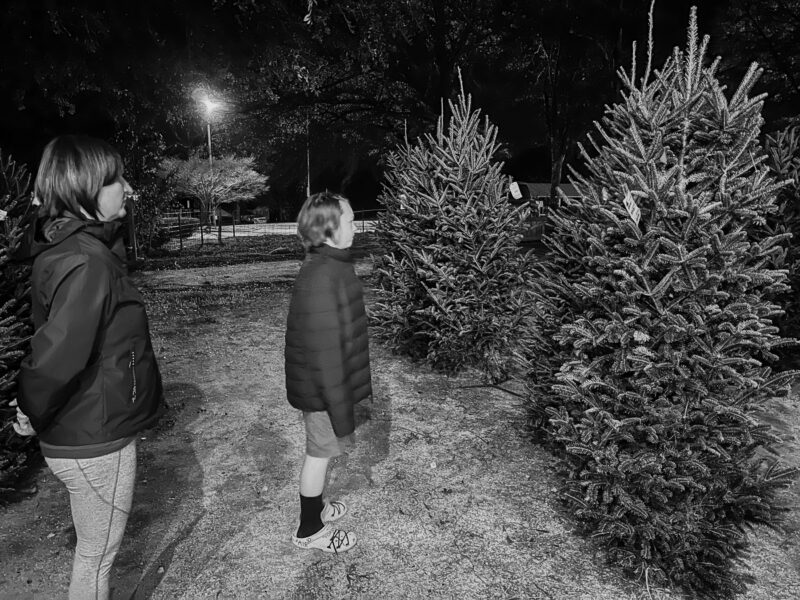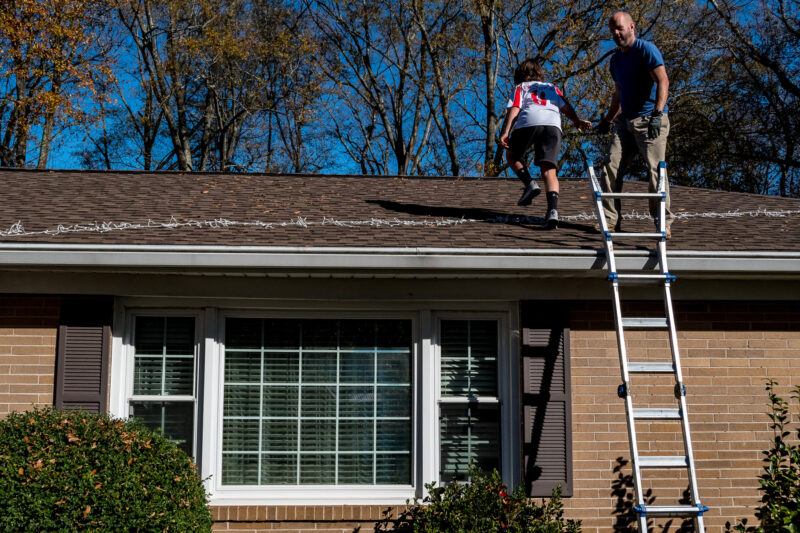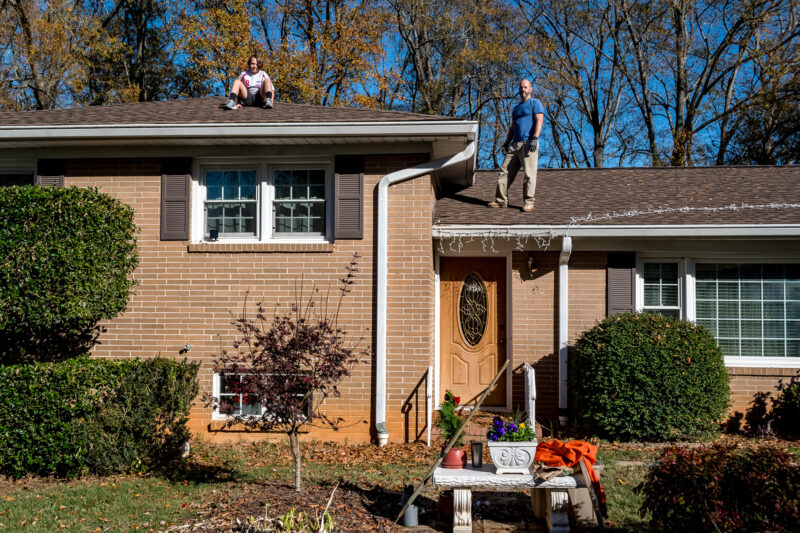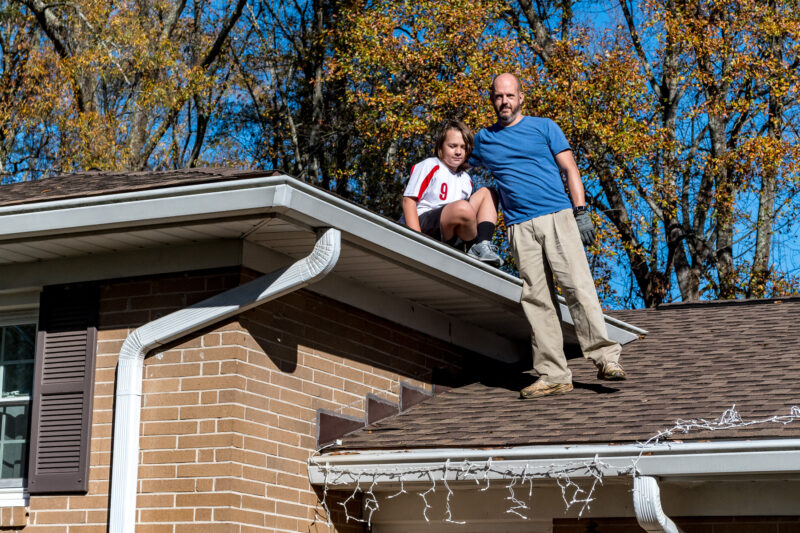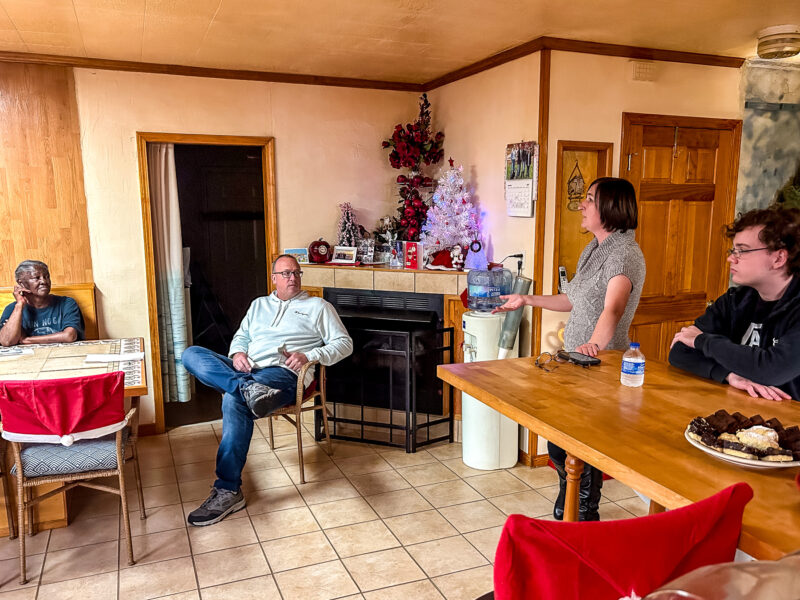
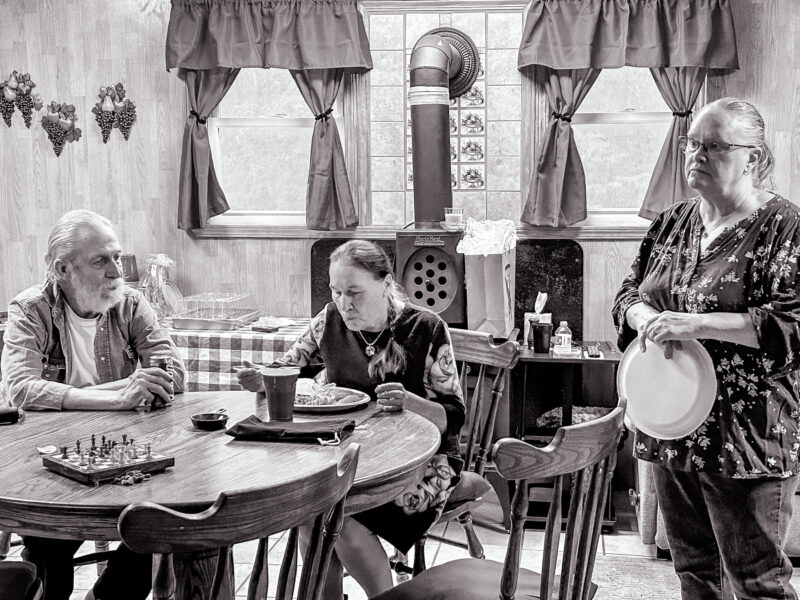
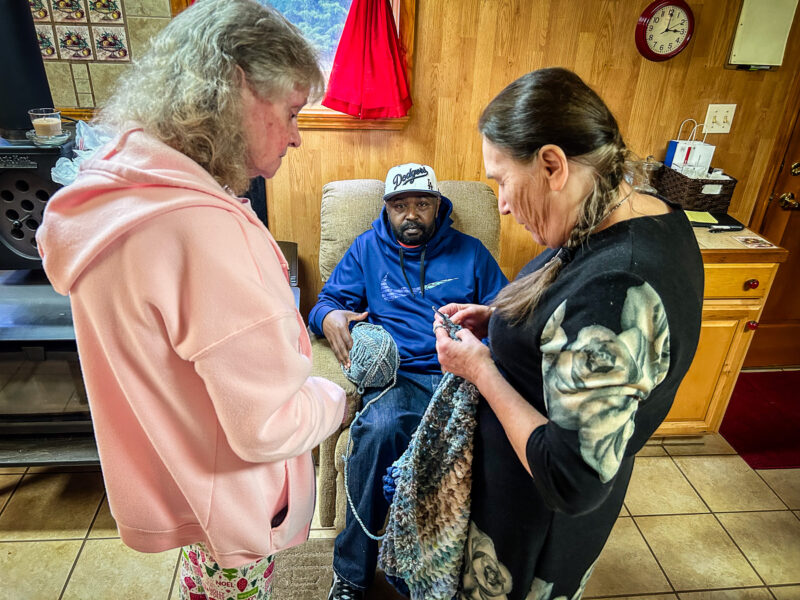
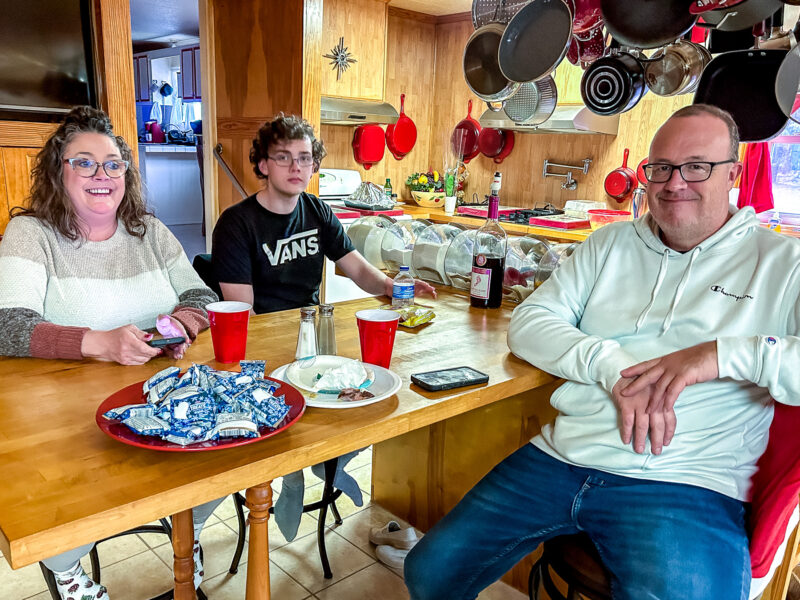
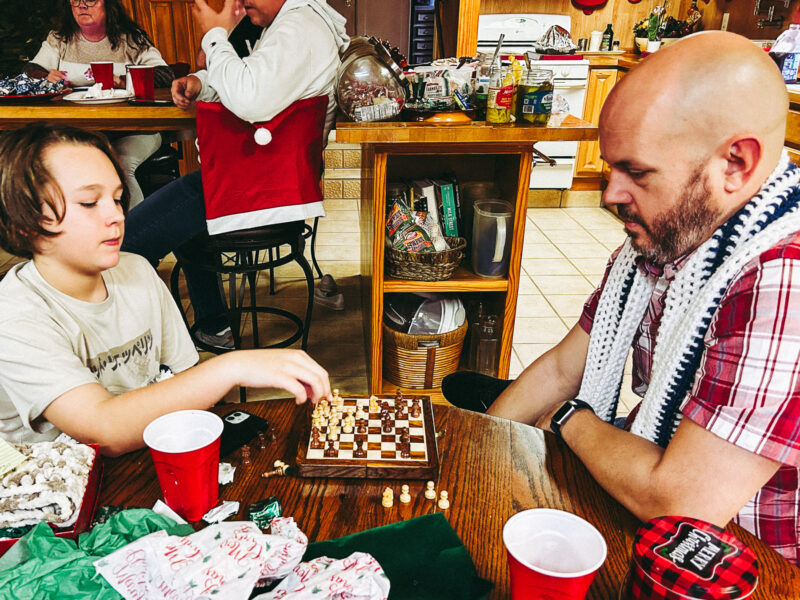
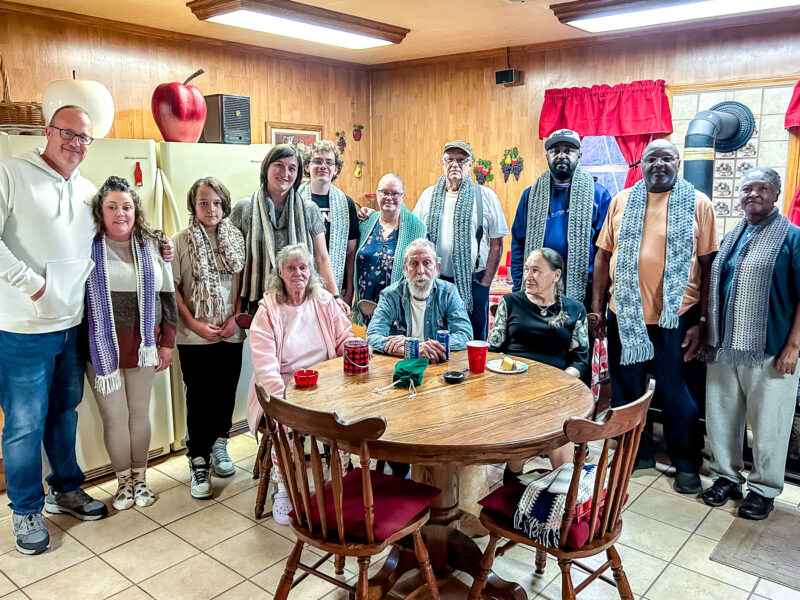
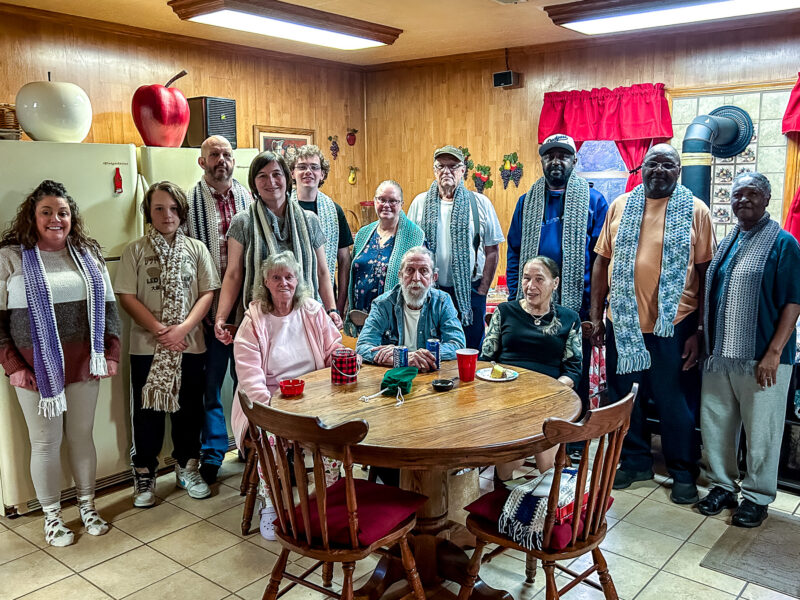
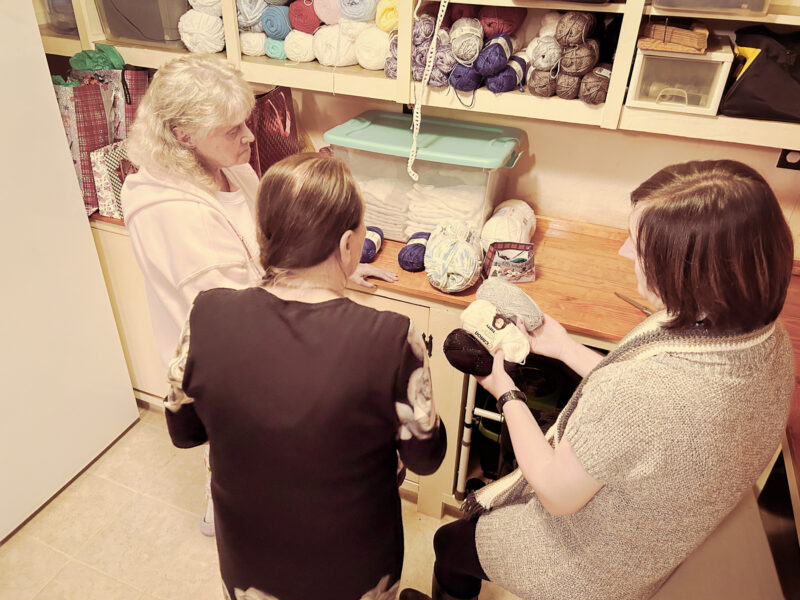
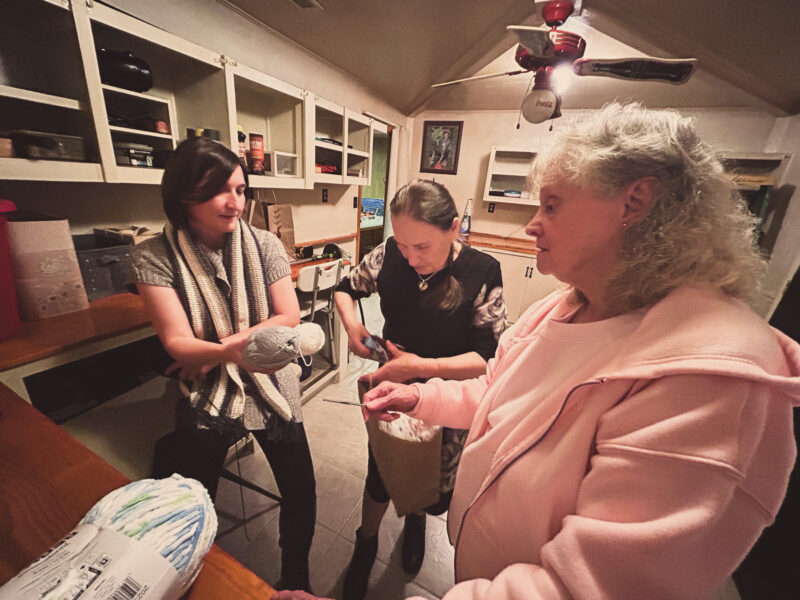









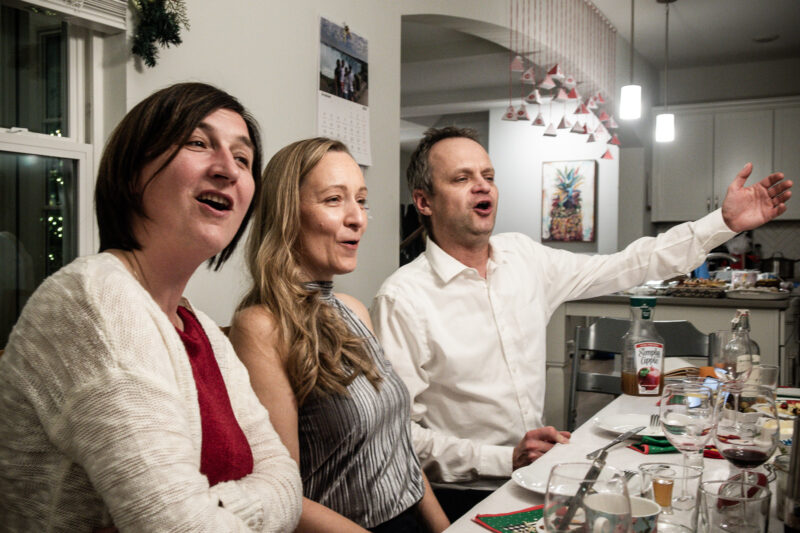
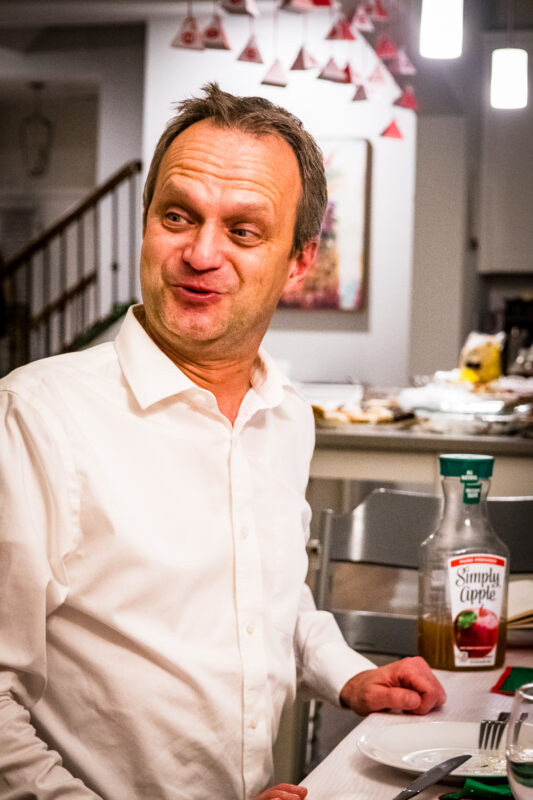
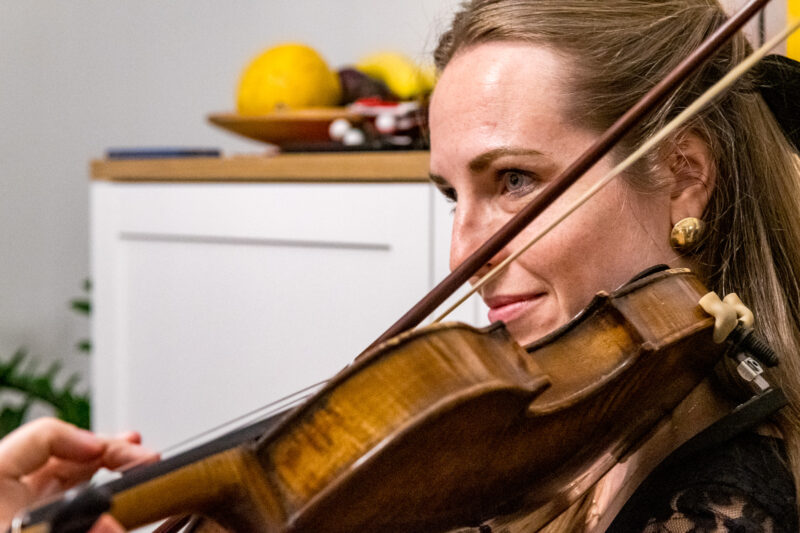
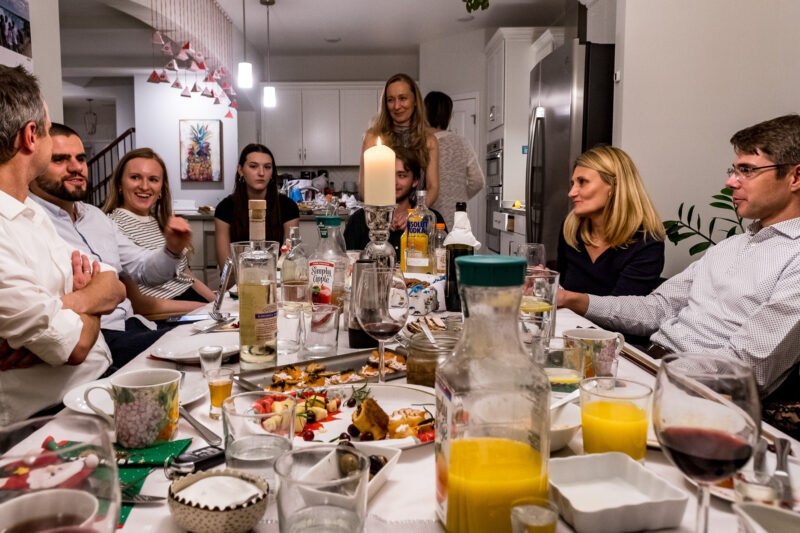
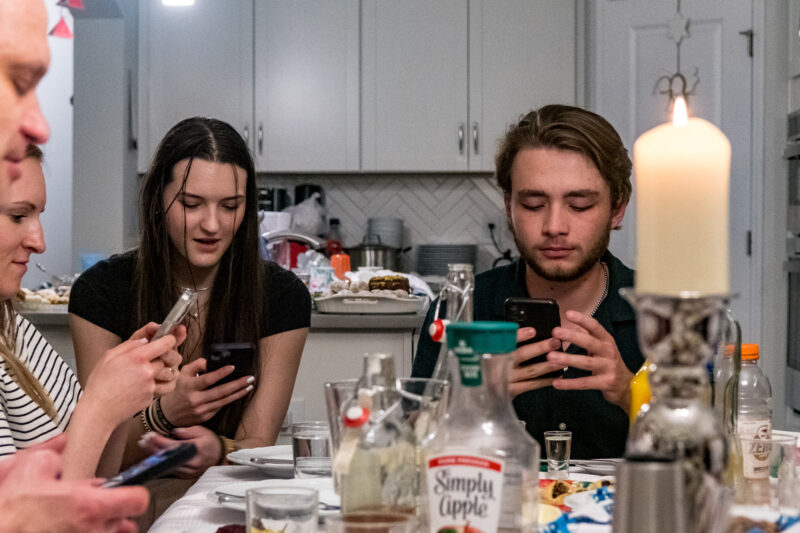
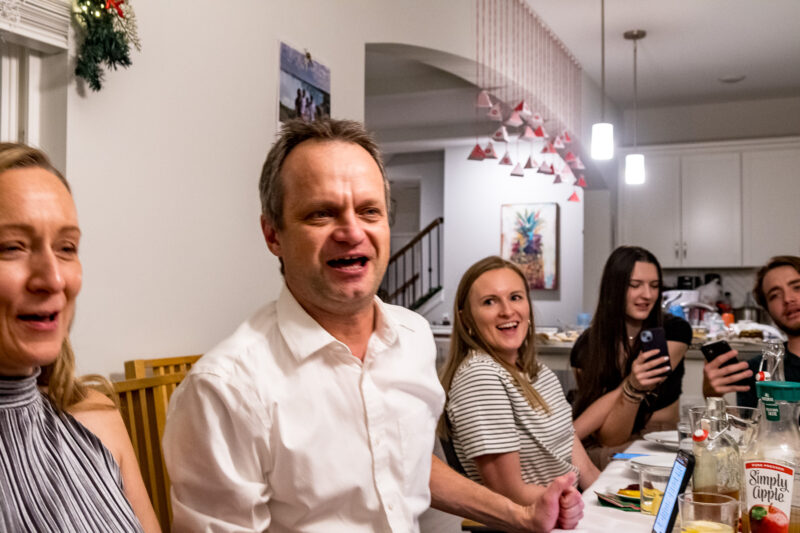
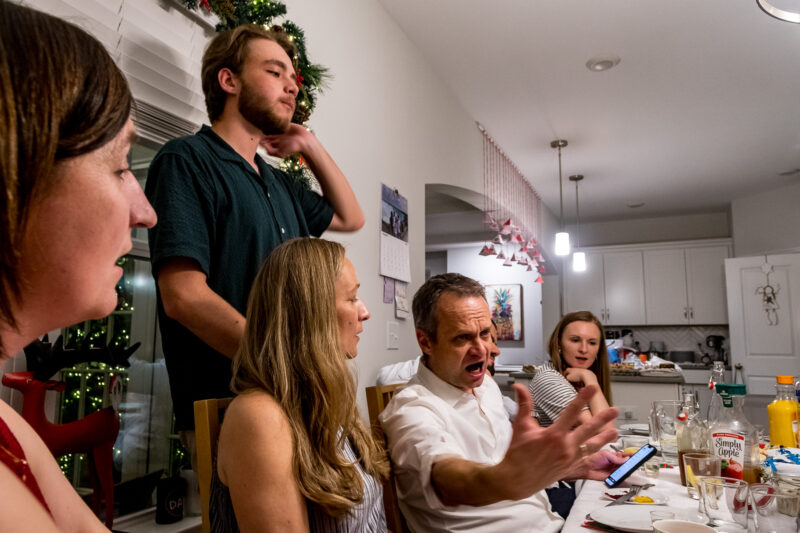
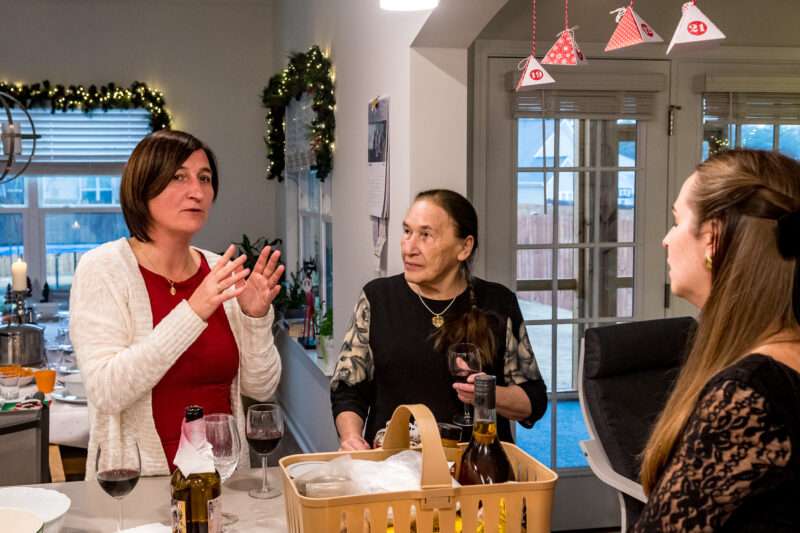

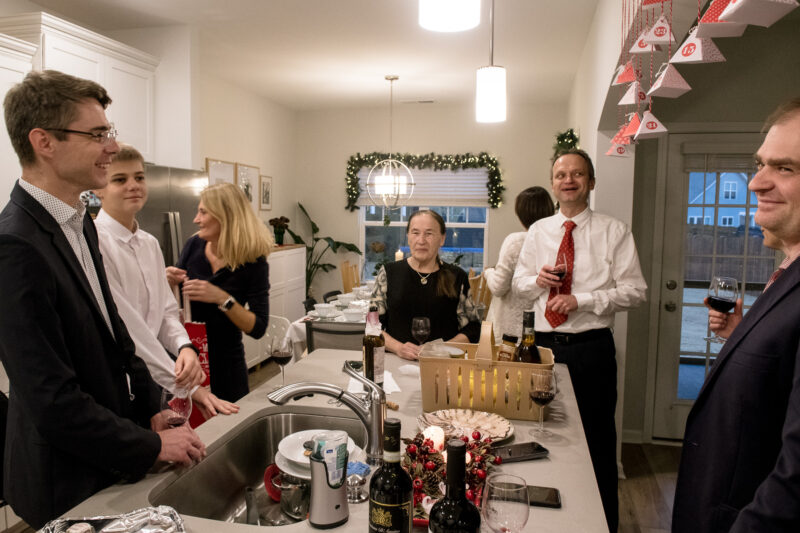
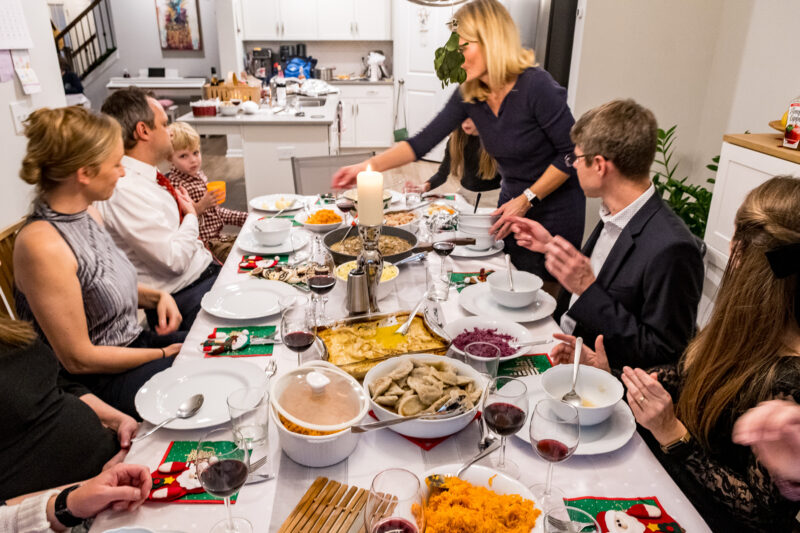
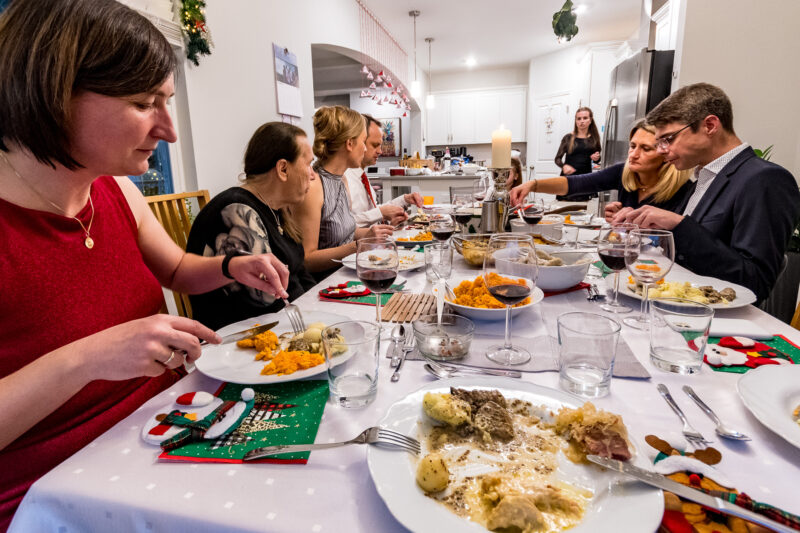
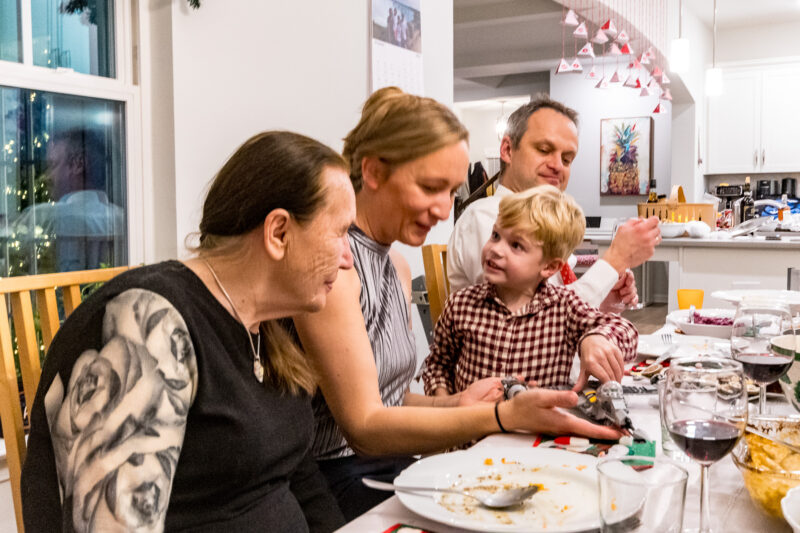
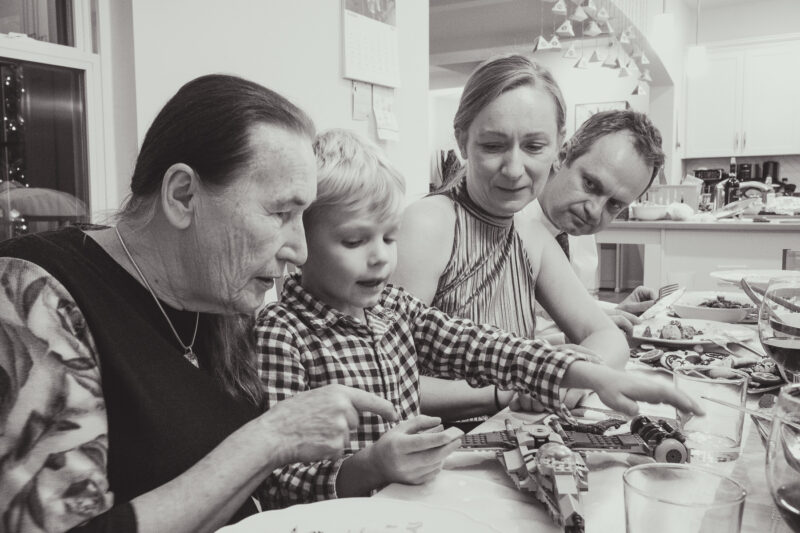
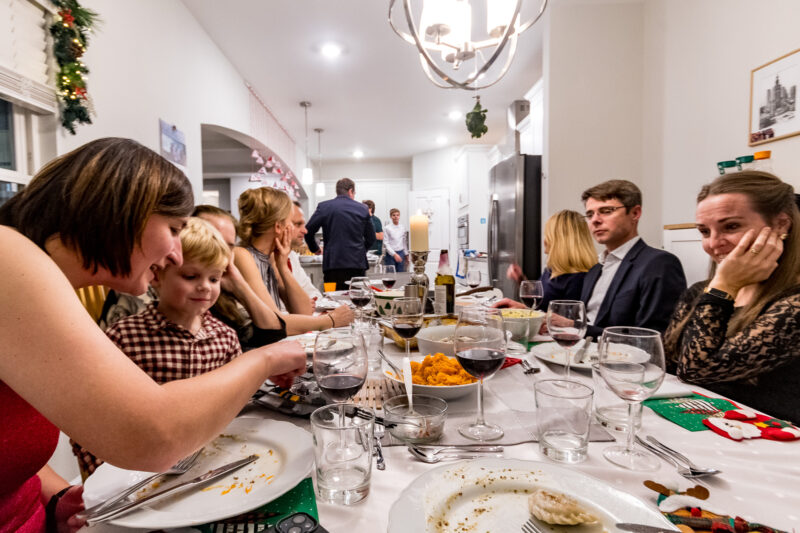
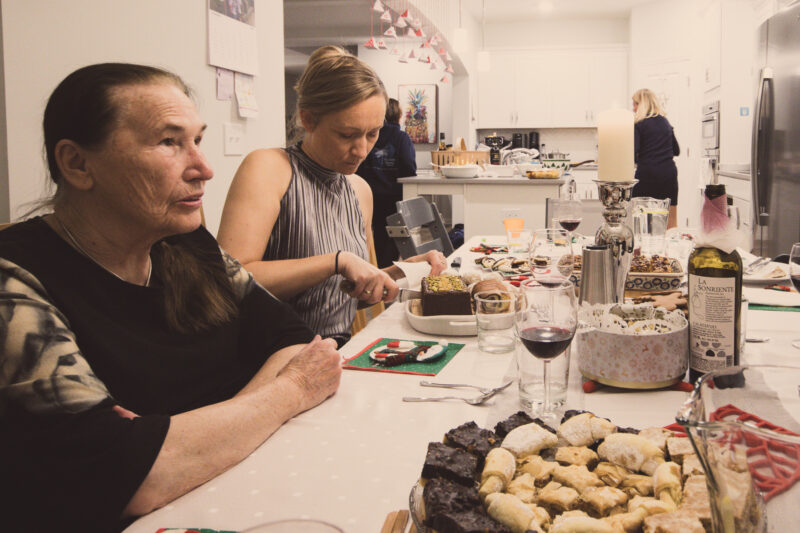
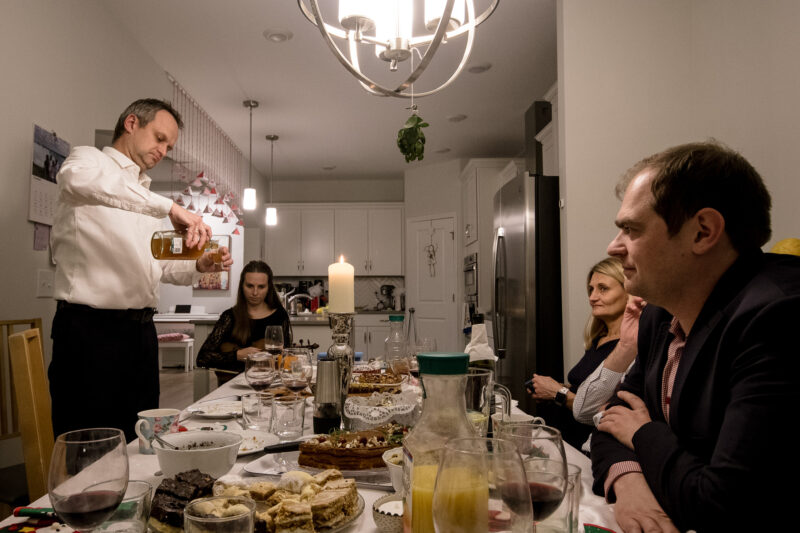
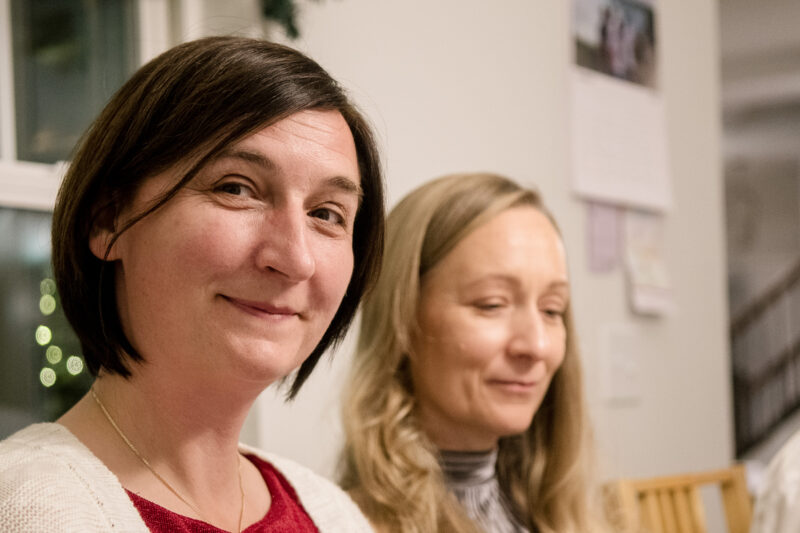
First times almost never go unnoticed. When we’re experiencing something novel, we’re rarely not aware that it’s new. Our first kiss — we all remember that. The first time we saw our first child — no one could fail to realize the significance of the moment.
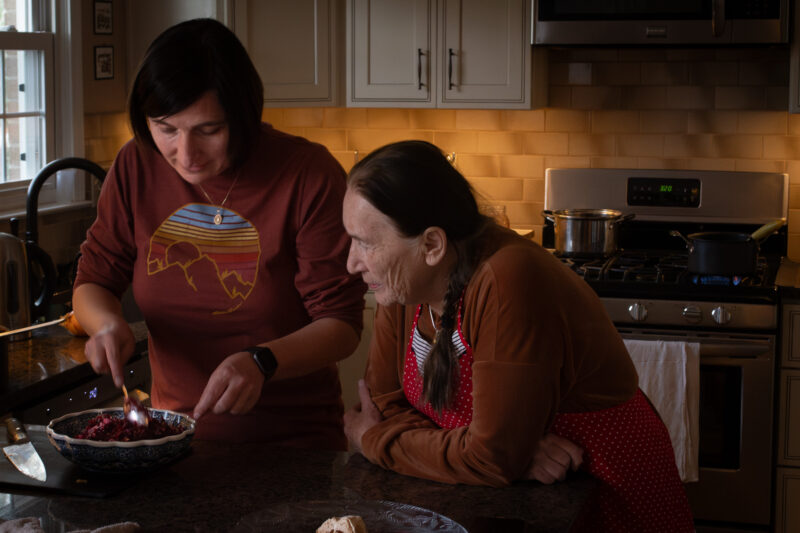
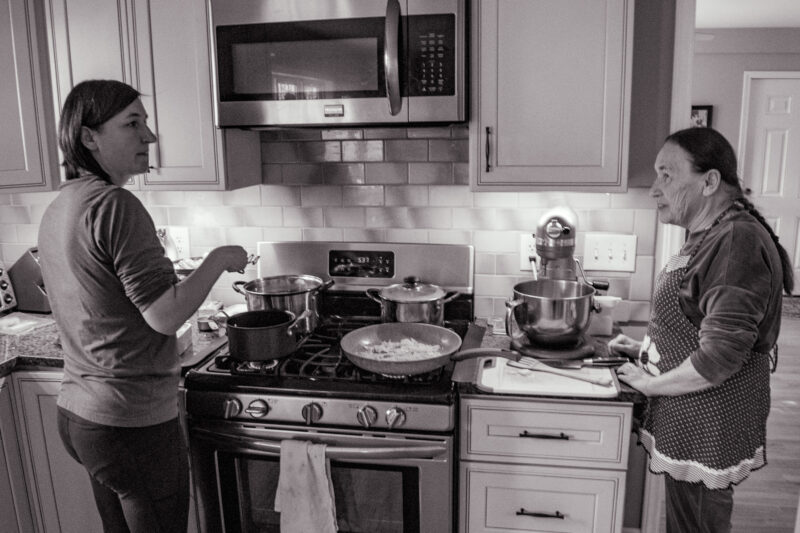
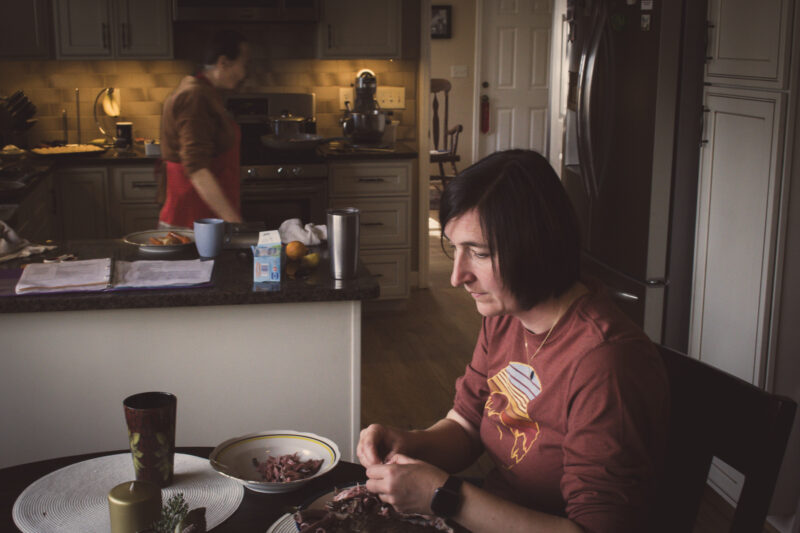
Sometimes, those firsts surprise us: my first Christmas was something I never thought I would experience, and while I doubt many people can remember their first Christmas, I clearly remember mine.
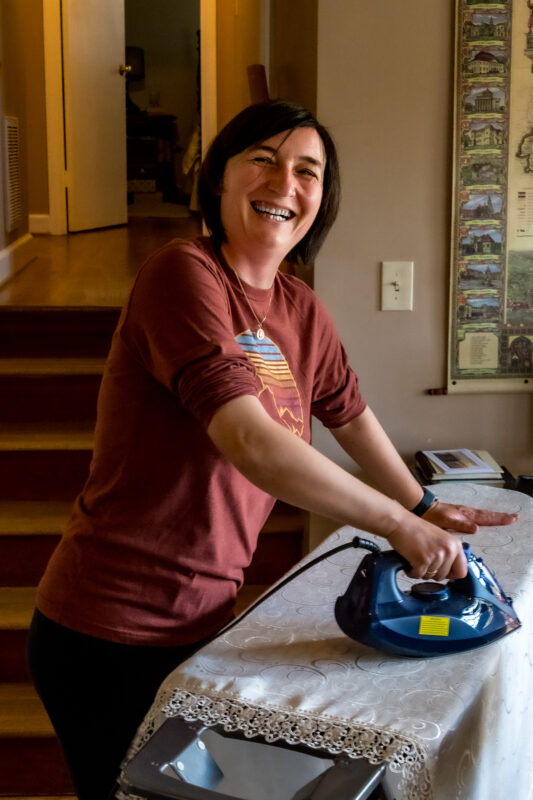
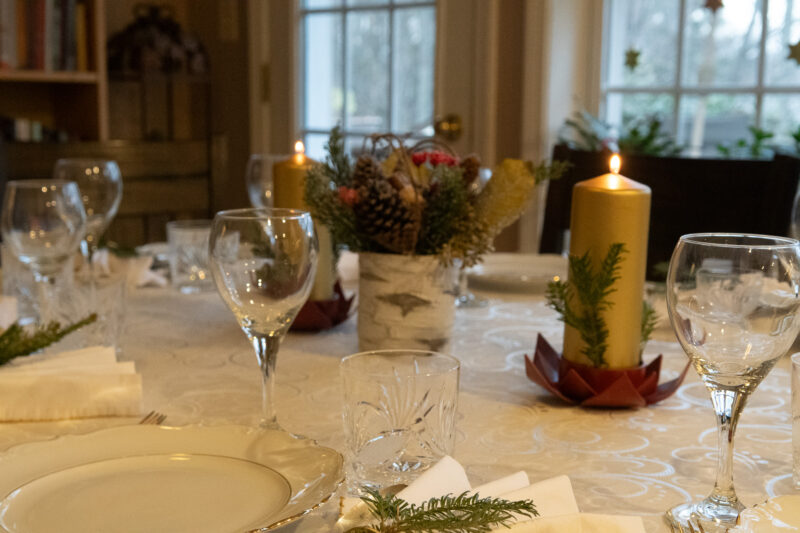
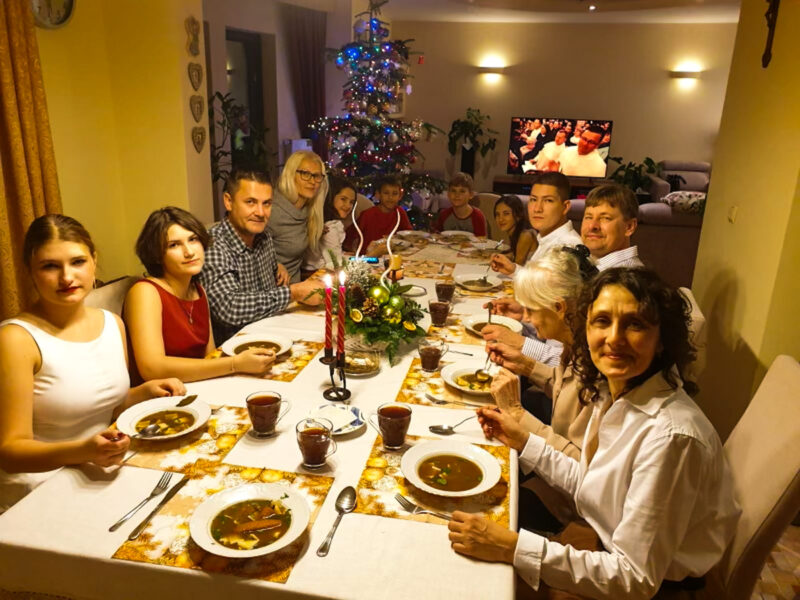
But lasts? We often don’t even realize we’re in the midst of some last, and we don’t realize it was a last until so much later. Our last Wigilia with Nana and Papa together in 2018 — we didn’t realize it was the last. Our final Wigilia with Dziadek in 2007 — we had no idea it would be our last. Our last Wigilia with Papa in 2020 — no idea.
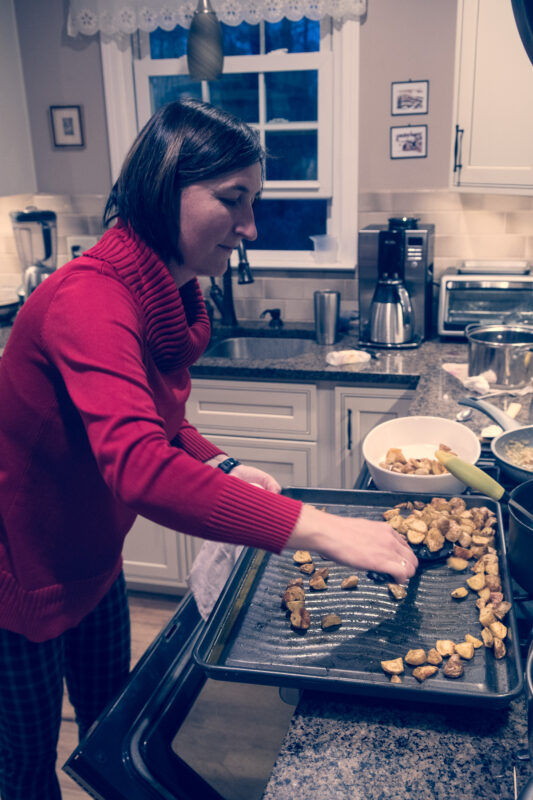
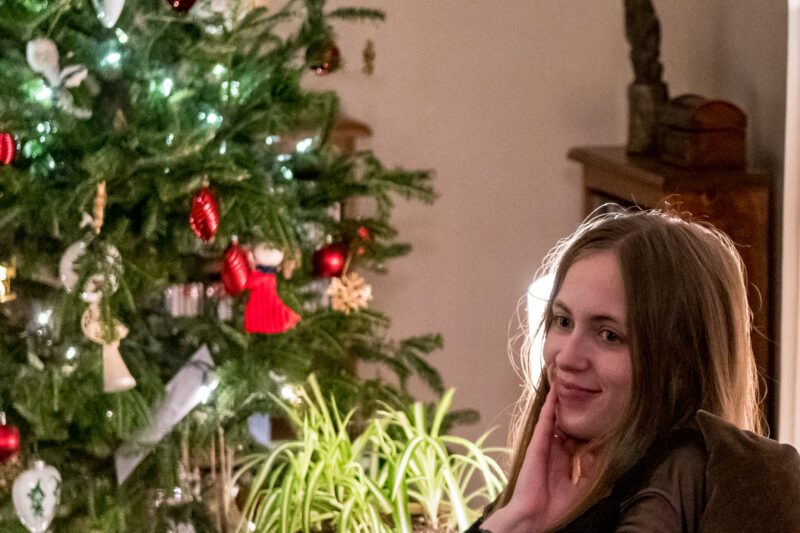
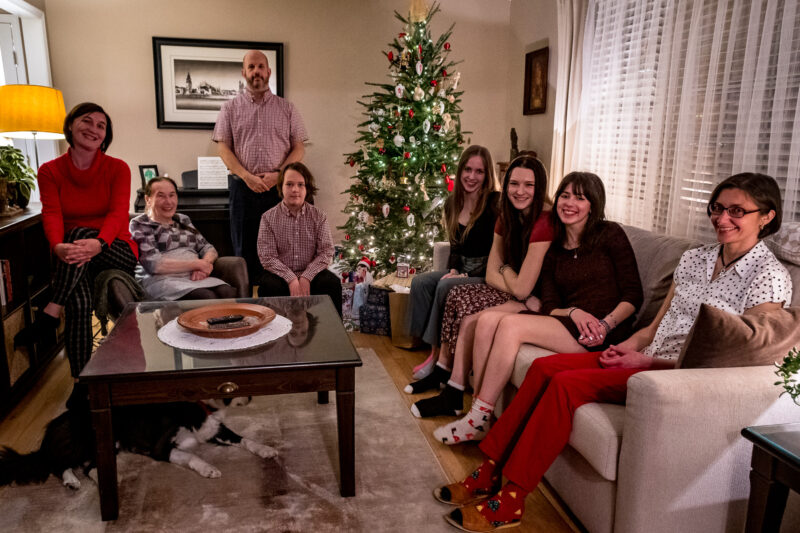
W. S. Merwin hints at this in “For the Anniversary of My Death”
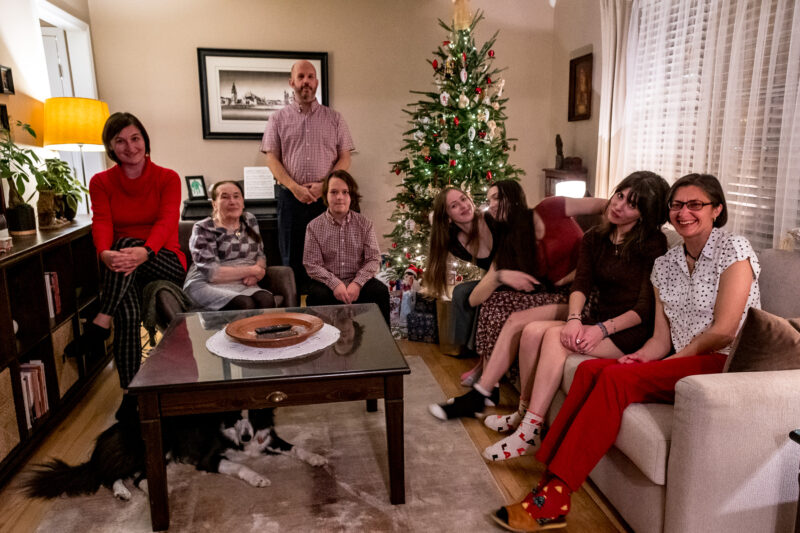
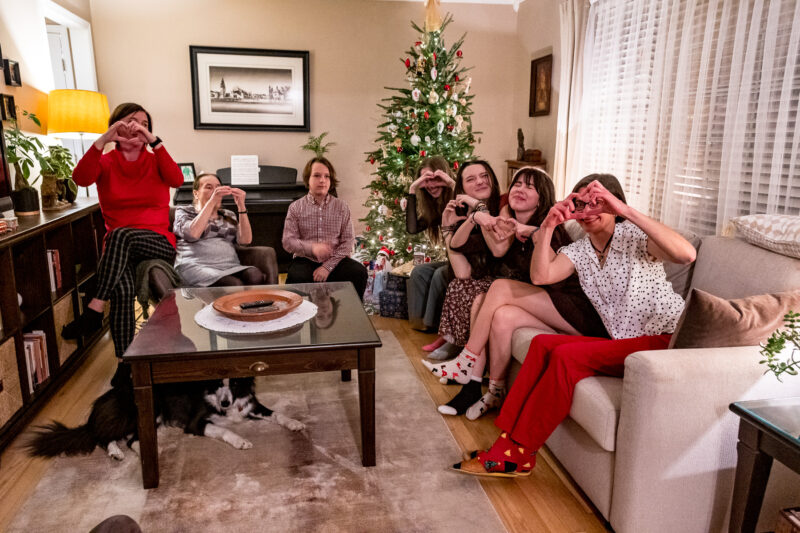
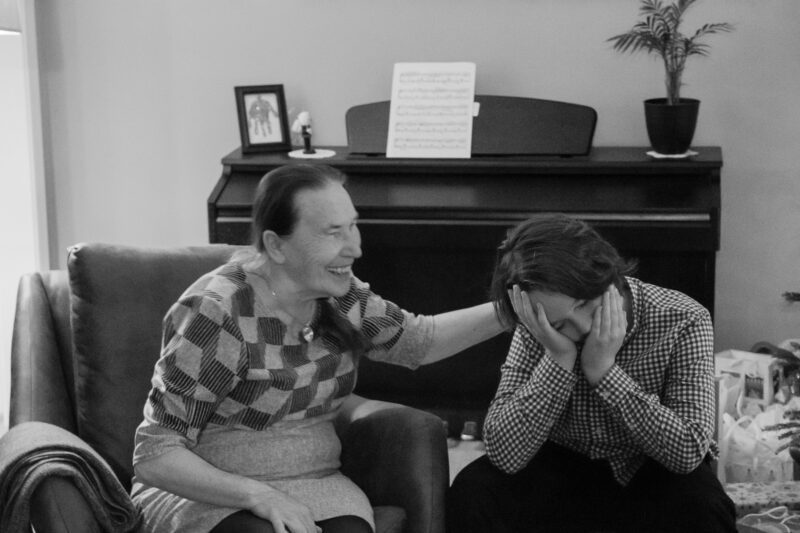
Every year without knowing it I have passed the day
When the last fires will wave to me
And the silence will set out
Tireless traveler
Like the beam of a lightless star
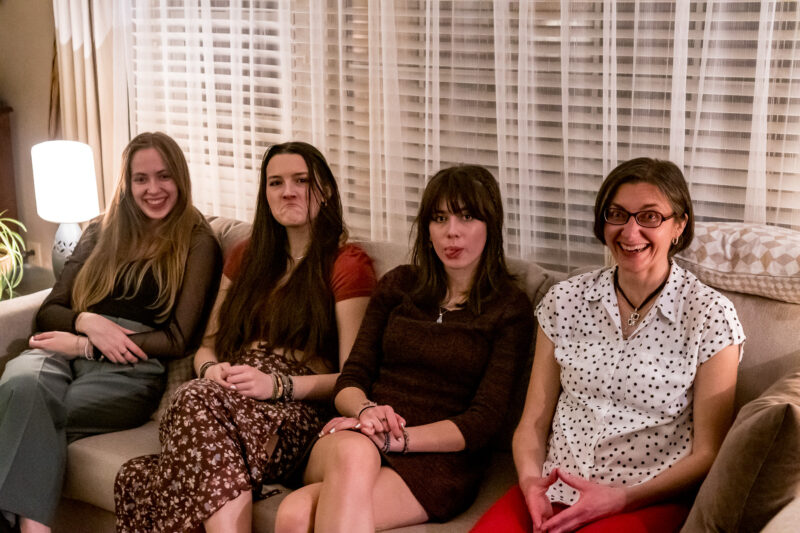
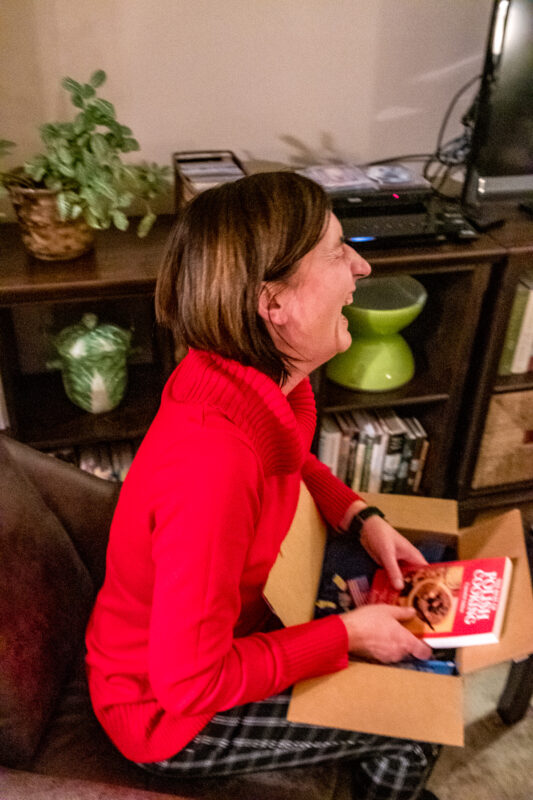
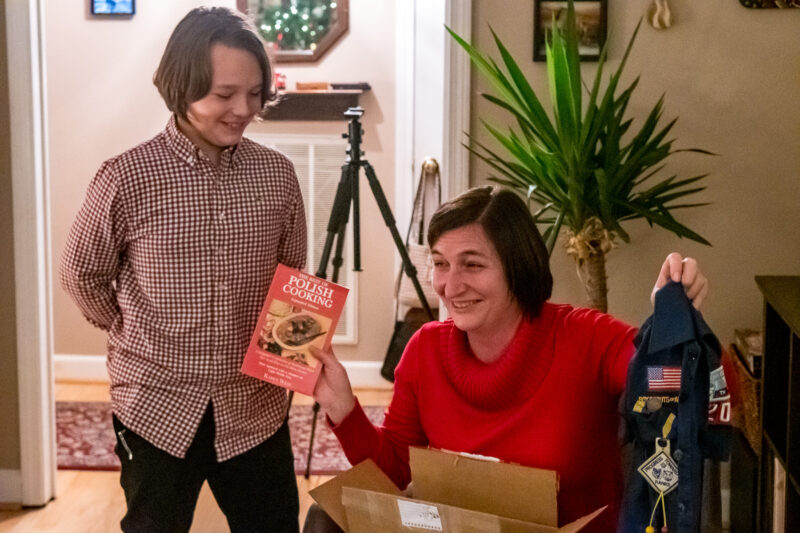
Then I will no longer
Find myself in life as in a strange garment
Surprised at the earth
And the love of one woman
And the shamelessness of men
As today writing after three days of rain
Hearing the wren sing and the falling cease
And bowing not knowing to what
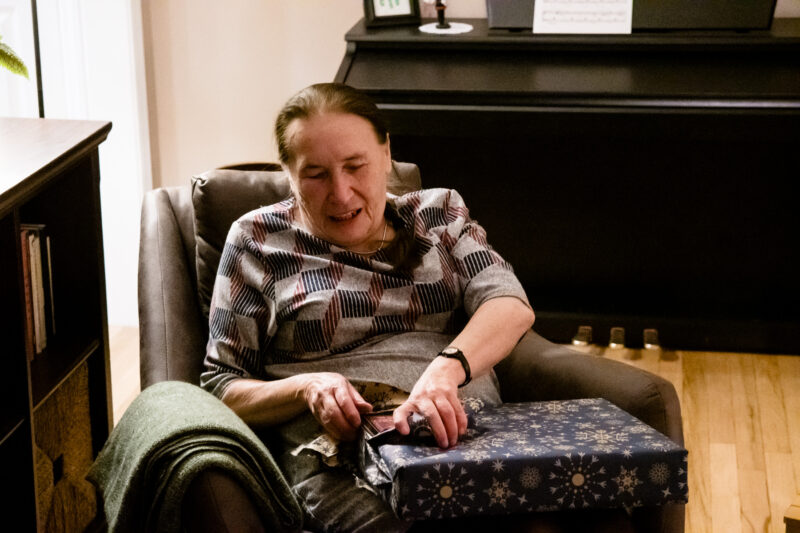
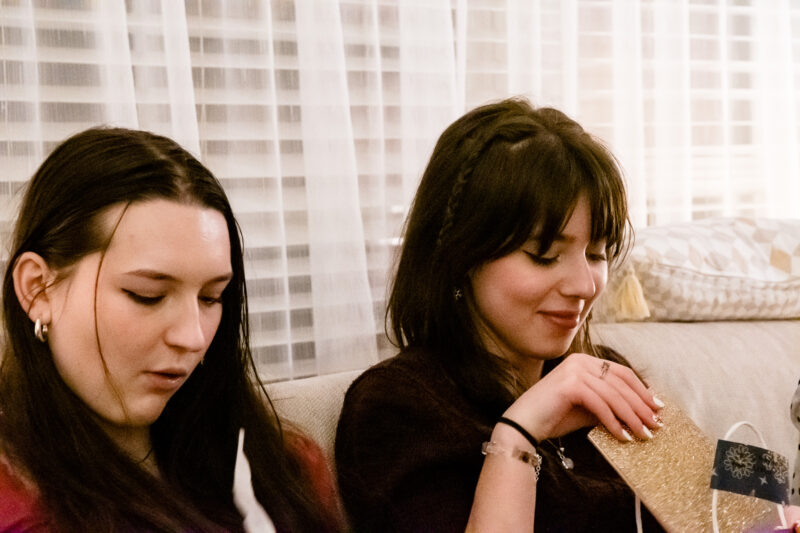
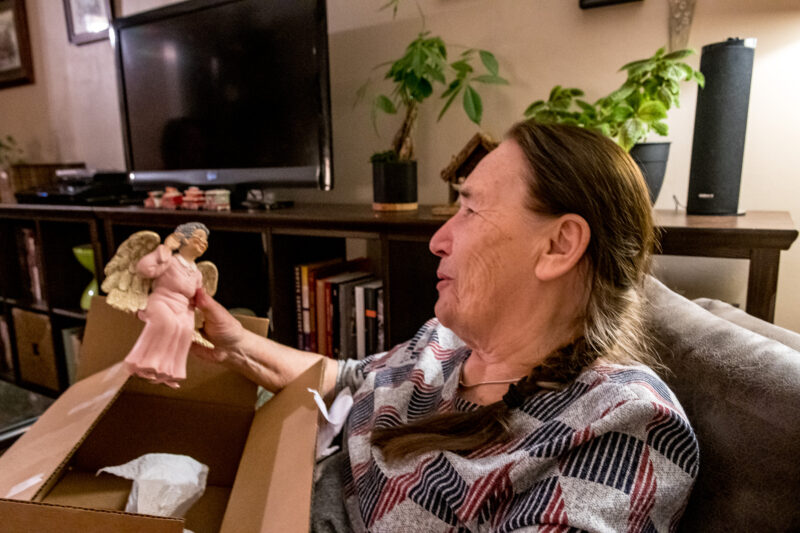
We move through these lasts without even thinking about them, without even realizing their presence.
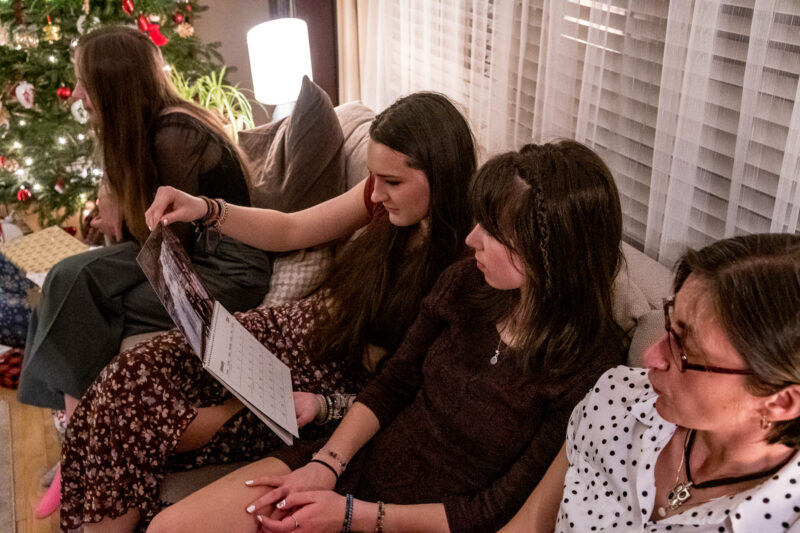
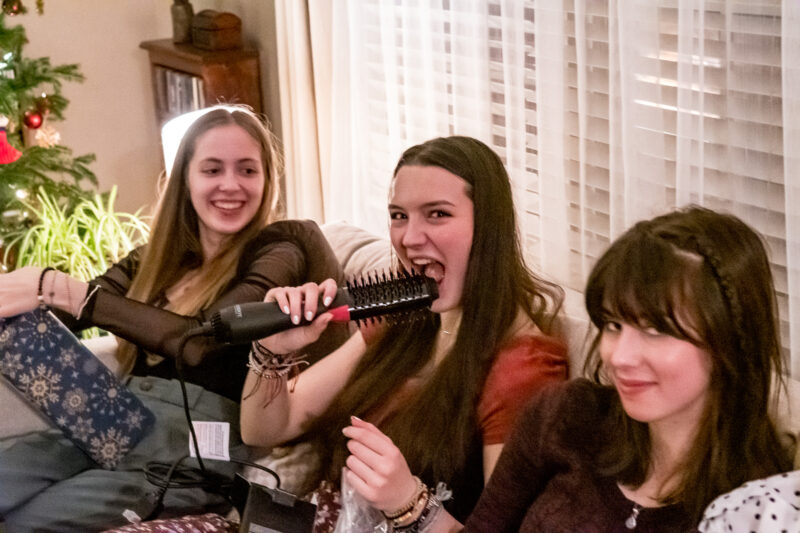
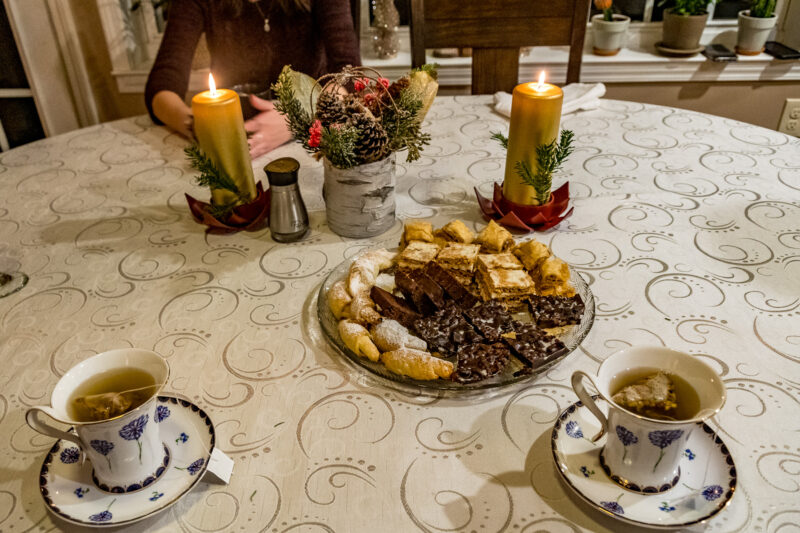
But some lasts approach. They haunt or taunt us from far off: our last day of duty for the year hangs tauntingly in front of us teachers every year. Our last time in a classroom in a given school — we know it’s coming, and it haunts us. At least it did me both times I left Poland.
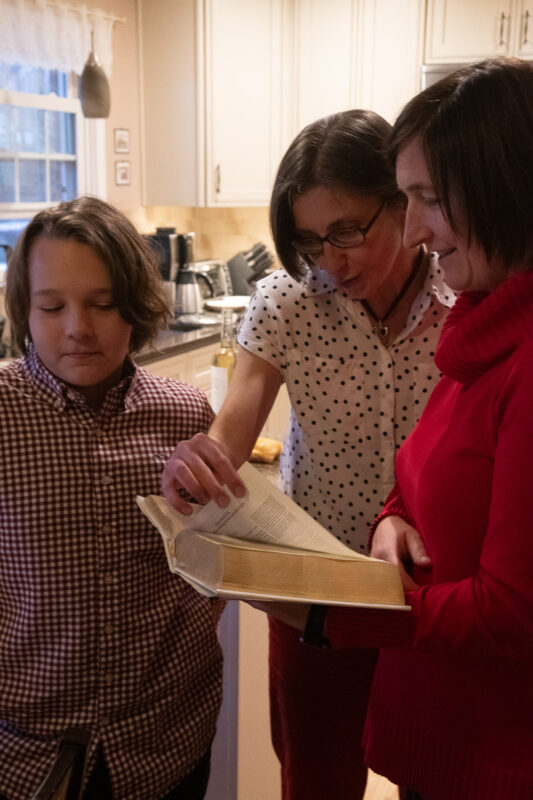
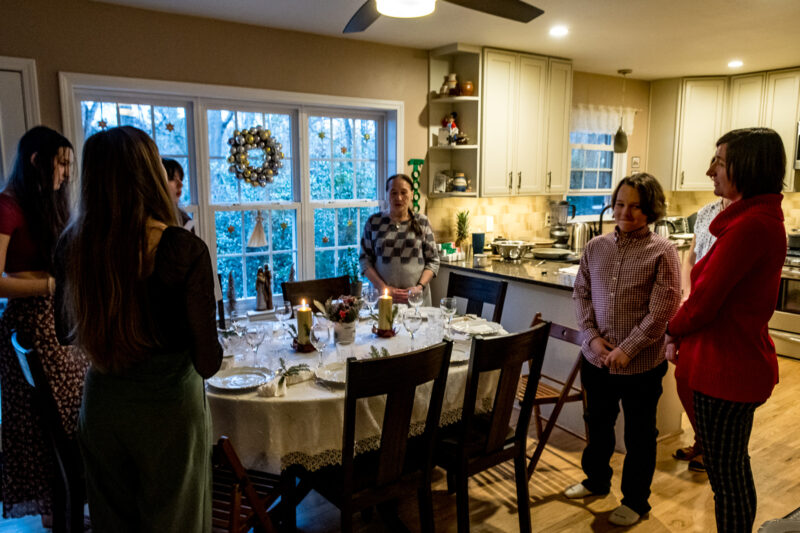
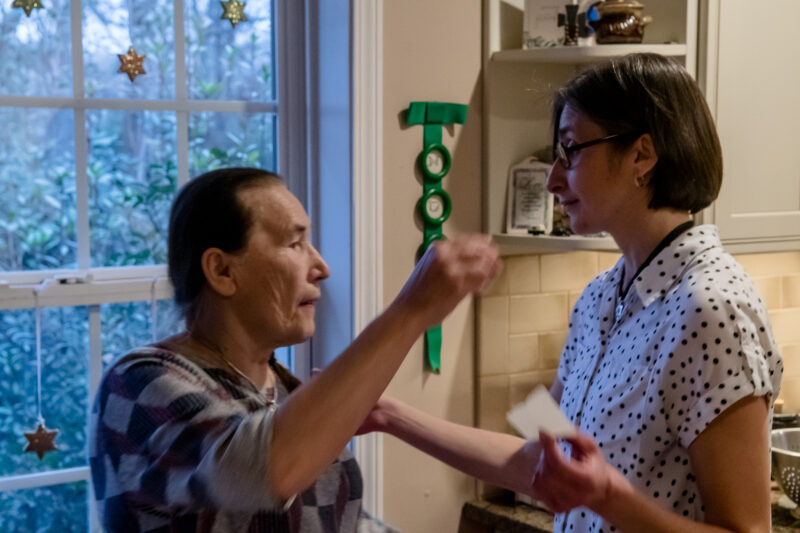
We’re approaching a last in our family: L is now seventeen, a junior in high school. Next year will be the last time she’s here for Wigilia for certain. Sure, she’ll be here for most of them in the years in college, maybe even all of them. But there will come a time when she decides to spend Wigilia with the family of someone she’s fallen for.
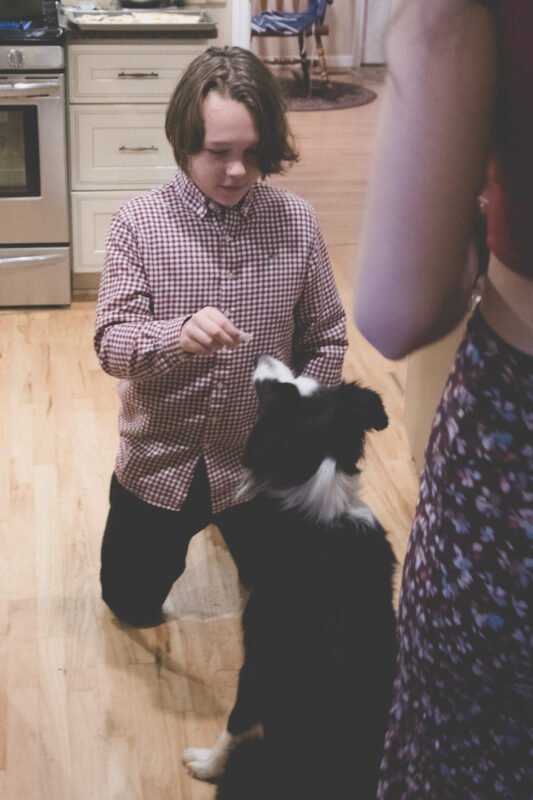
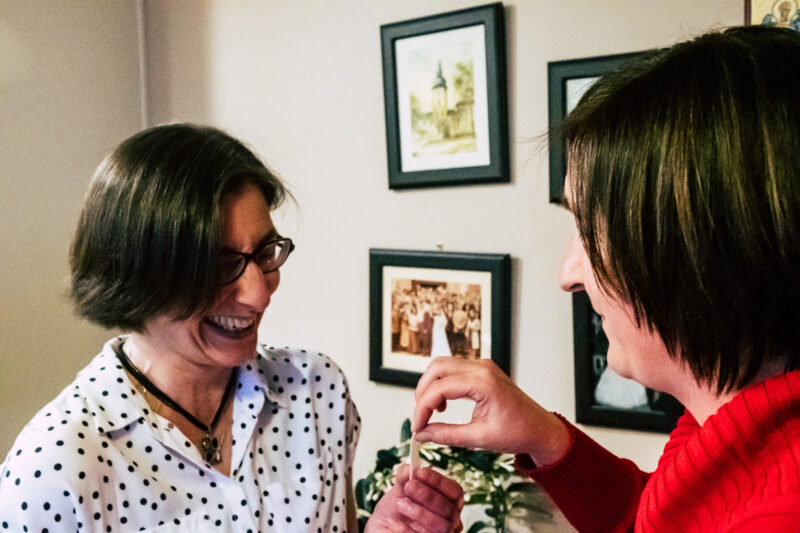
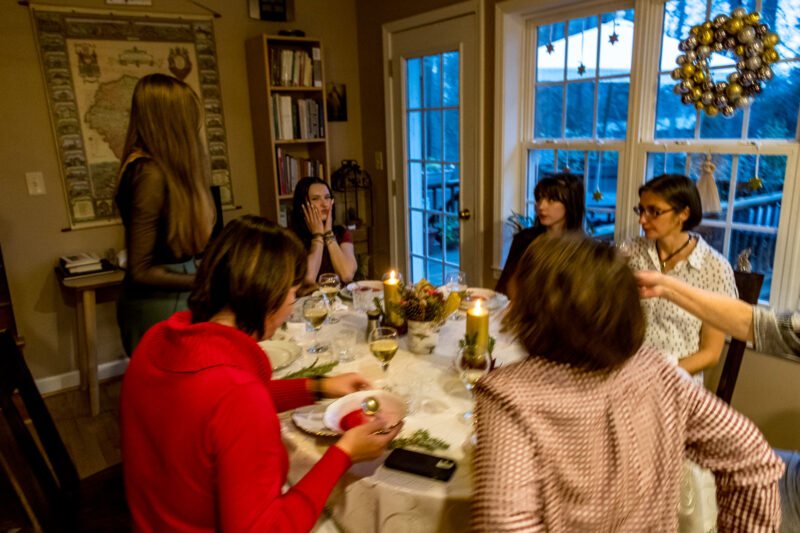
Then there will be the same situation for E five years later. He’ll move out, probably come to Wigilia with us more regularly than L (but who knows?), and we’ll never be certain like we are now that we’ll be spending the next Wigilia together.

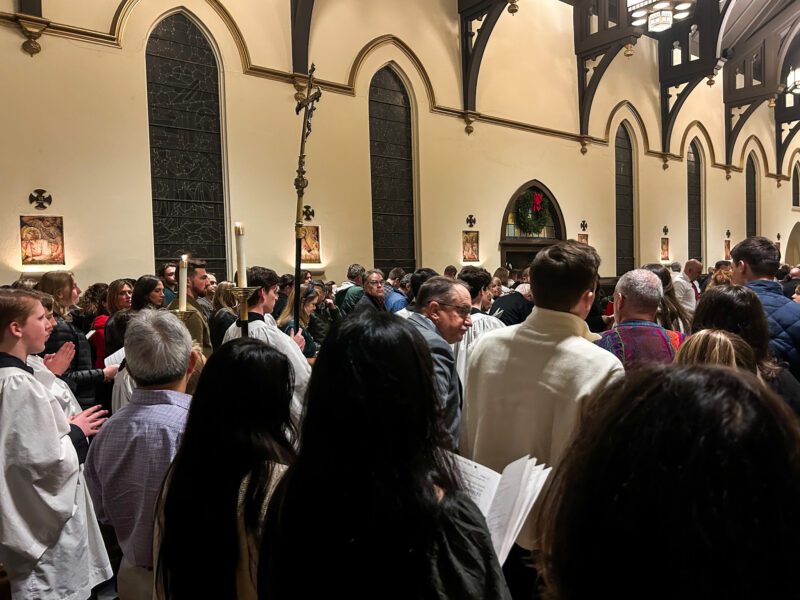
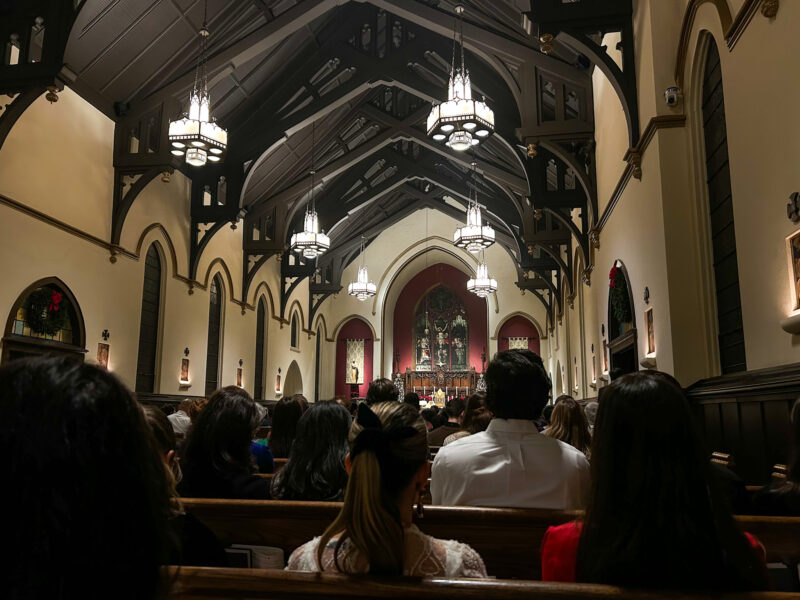
And at some point, K and I will have our final Wigilia together, and we most likely won’t even know it.
So this all raises the obvious question: is it good to know that last has arrived or not? I think it depends on the event itself. In the end, though, it’s a moot point: we often don’t know our lasts when we happen across them.
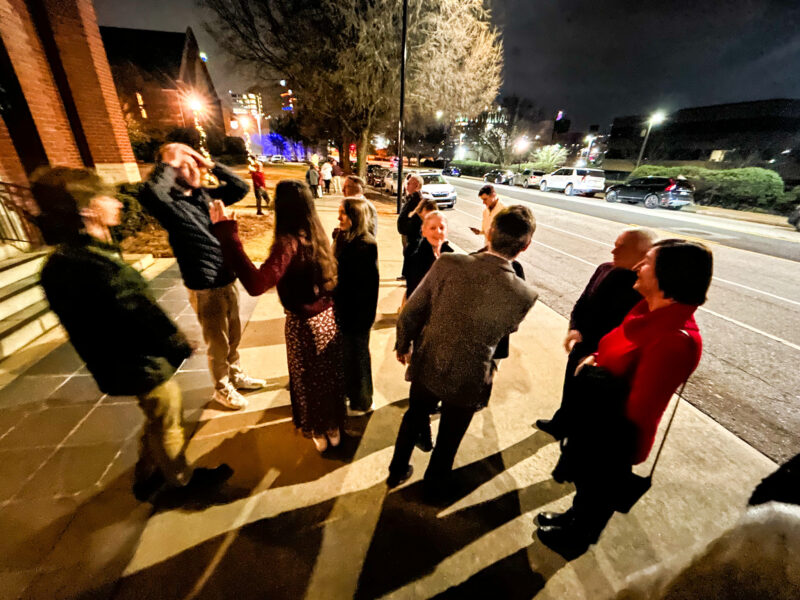
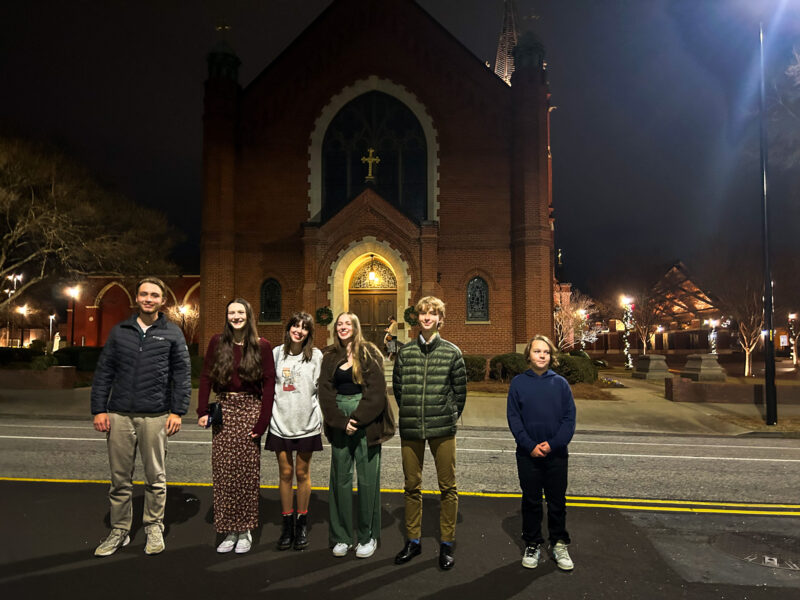
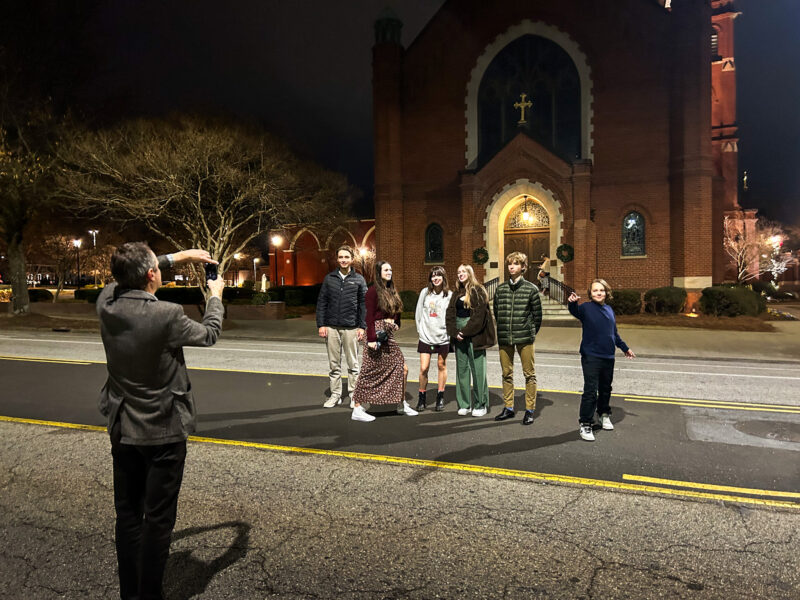
But what if we tried to live each moment as if it were our last time doing whatever mundane task was at hand? What if we washed dishes as if we’d never get to do it again? Such a simple mundane task that has marked our lives with such regularity that we don’t even think about it. Putting it in the context of a potential last seems to imbue it with some sparkle it lacked before. And I guess that sparkle really comes from us — and we can dispense them wherever we choose. We can make a conscious choice to live our lives as if ever single event were the last time we do that, or even the last thing we do on earth. It seems like it could be the ultimate life lived in the now.

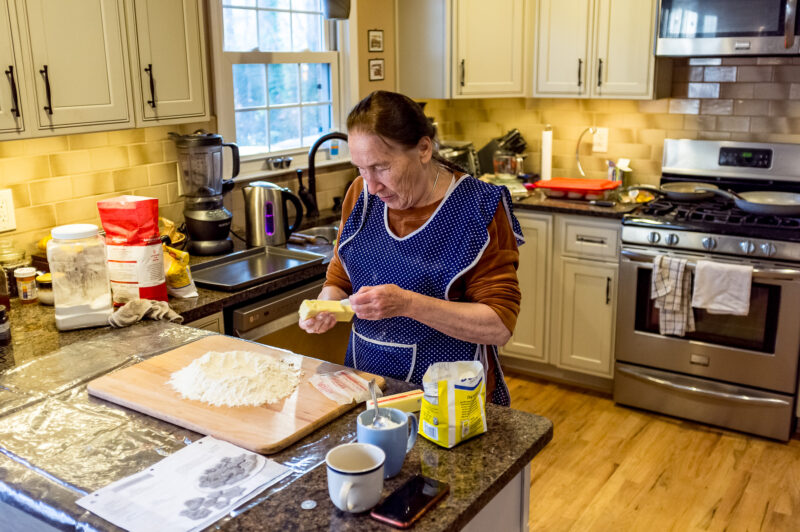
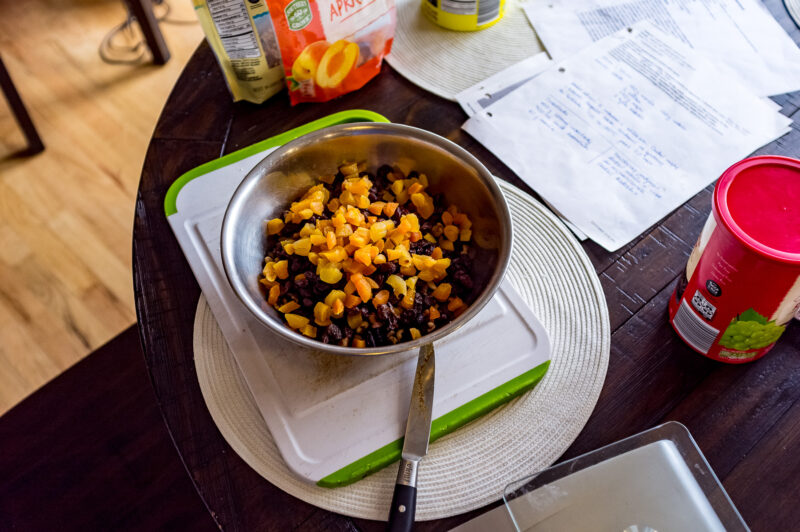

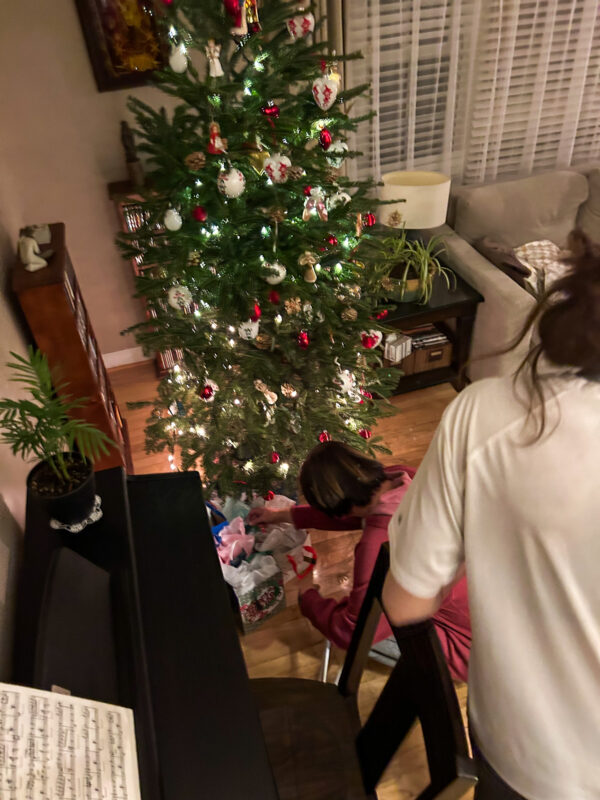
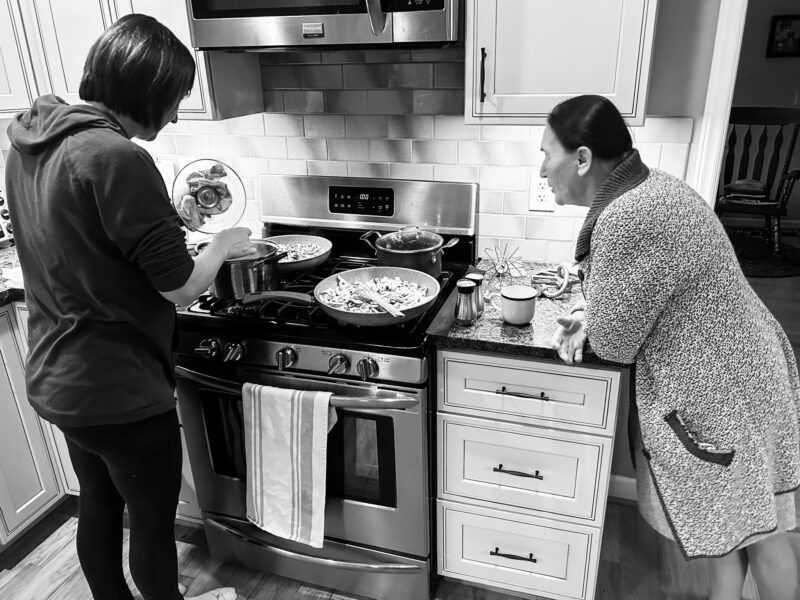

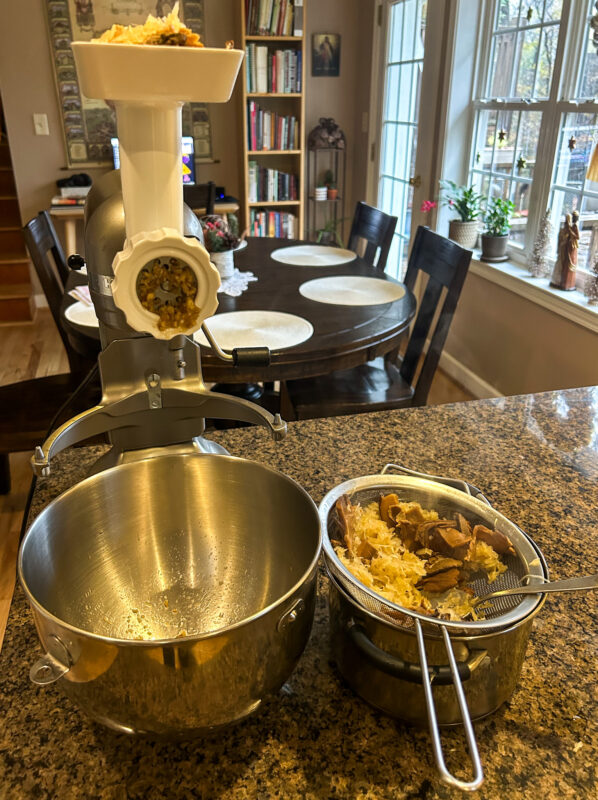
We’re still settling into a new routine with Babcia. K has gotten her old phone charged and running, but the closest Babcia has come to an iPhone is the old tablet we bought her years ago.
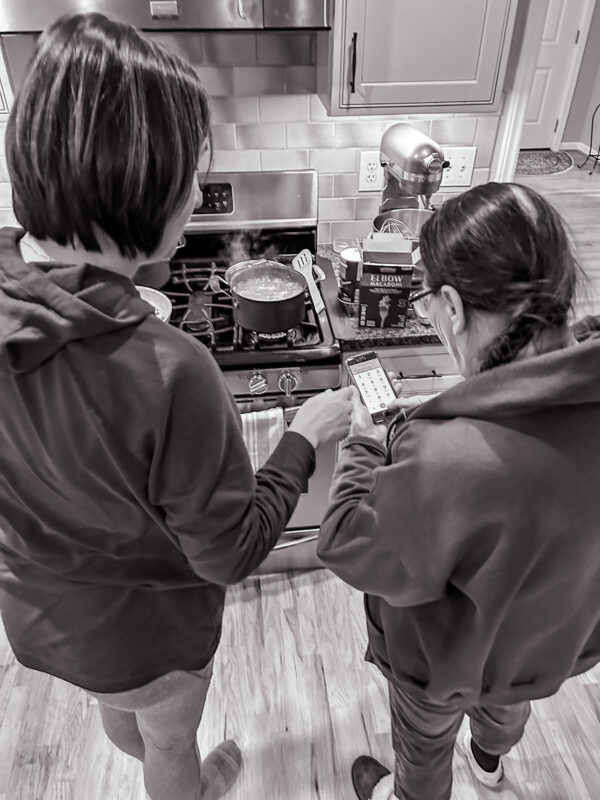
Nana struggled with smartphones as well. Papa made the switch fairly easily, and then when we brought him an iPhone to replace his Android phone, he made the shift without much complication. Nana just experienced frustration: a few tries, and she was done.
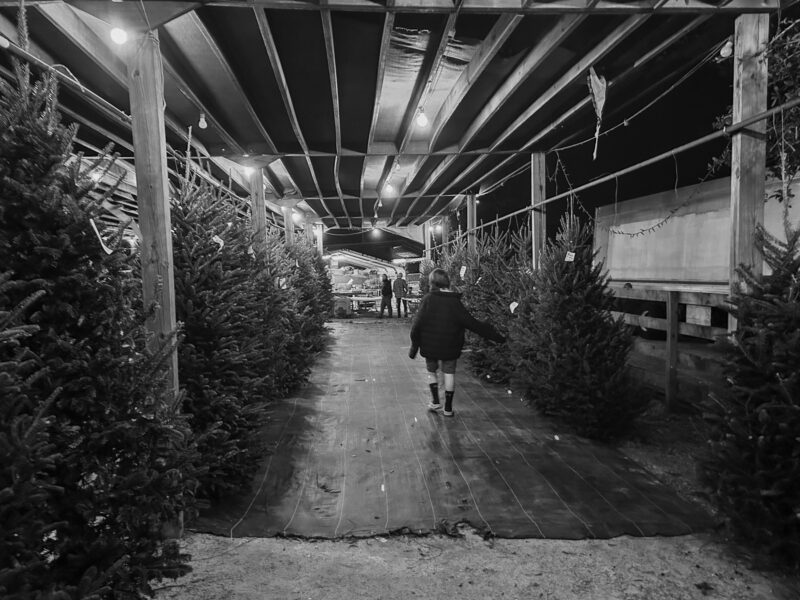
“I can’t even answer Papa’s phone!” she once declared. She just handed it to him. She wasn’t having it.
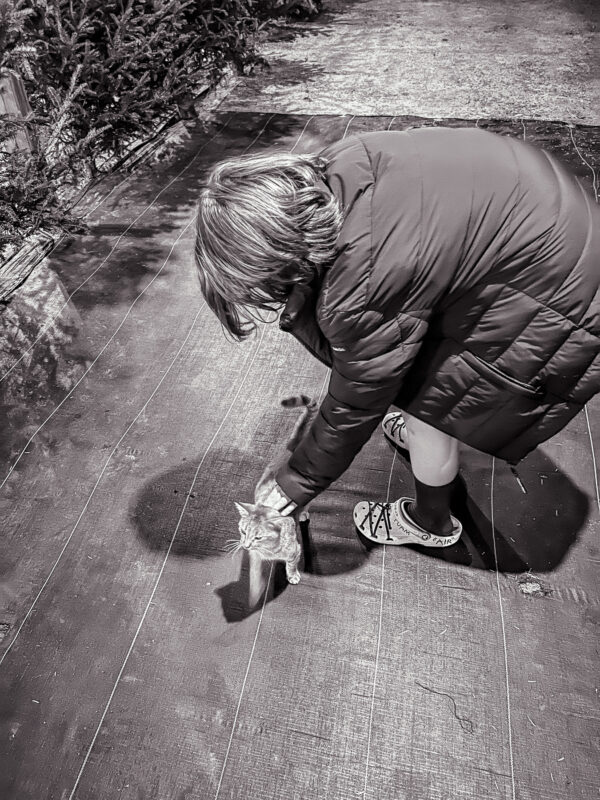
I sometimes wondered if it wasn’t a sort of willful helplessness: she’d never had any problem learning new things in the past. When Papa brought home a new computer in the early eighties, she learned how to use it. Each time he upgraded after that, she learned how to use it. New software, new user interfaces (i.e., the mouse). But for whatever reason, she just never had the motivation to learn how to use a smartphone.
